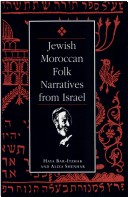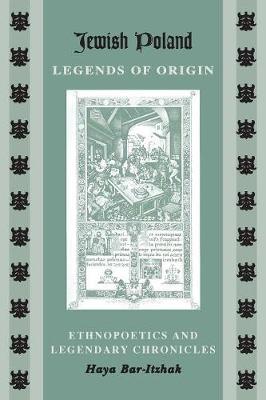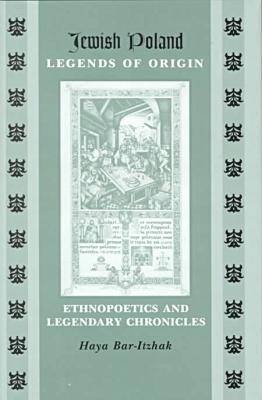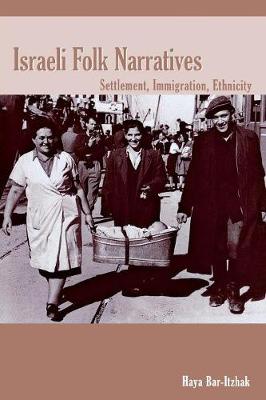Raphael Patai Series in Jewish Folklore and Anthropology
4 total works
Jewish Moroccan Folk Narratives from Israel
by Haya Bar-Itzhak and Aliza Shenhar
Haya Bar-Itzhak examines the legends of origin of the Jews of Poland and discloses how the community creates its own chronicle, how it structures and consolidates its identity through stories about its founding, and how this identity varies from age to age. Bar-Itzhak also examines what happened to these legends after the extermination of Polish Jewry during the Holocaust, when the human space they describe no longer exists except in memory. For the Polish Jews after the Holocaust, the legends of origin undergo a fascinating transformation into legends of destruction.
Jewish Poland-Legends of Origin brings to light the more obscure legends of origin as well as those already well known. This book will be of interest to scholars in folklore studies as well as to scholars of Judaic history and culture.
Haya Bar-Itzhak examines the legends of origin of the Jews of Poland and discloses how the community creates its own chronicle, how it structures and consolidates its identity through stories about its founding, and how this identity varies from age to age. Bar-Itzhak also examines what happened to these legends after the extermination of Polish Jewry during the Holocaust, when the human space they describe no longer exists except in memory. For the Polish Jews after the Holocaust, the legends of origin undergo a fascinating transformation into legends of destruction.
Jewish Poland -- Legends of Origin brings to light the more obscure legends of origin as well as those already well known. This book will be of interest to scholars in folklore studies as well as to scholars of Judaic history and culture.



